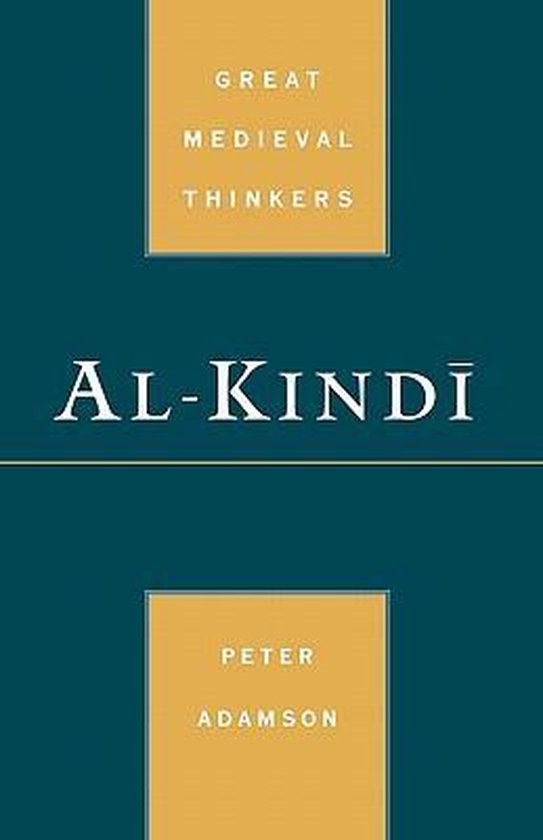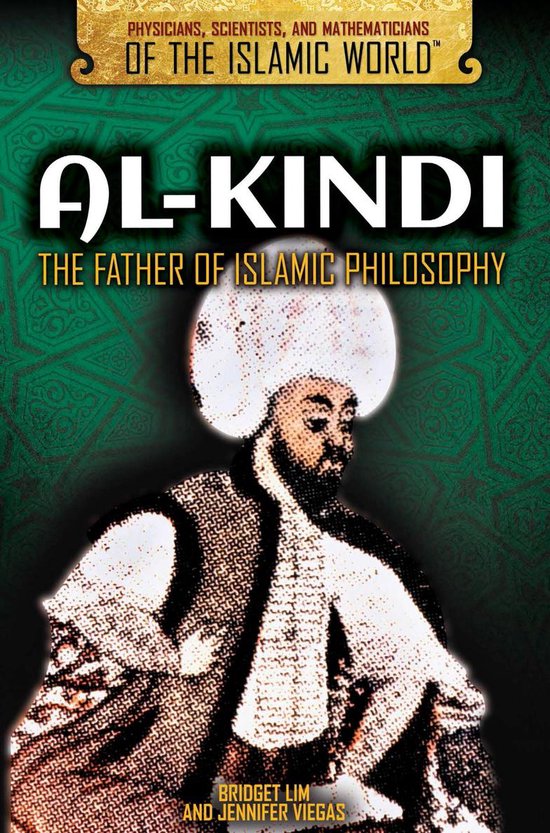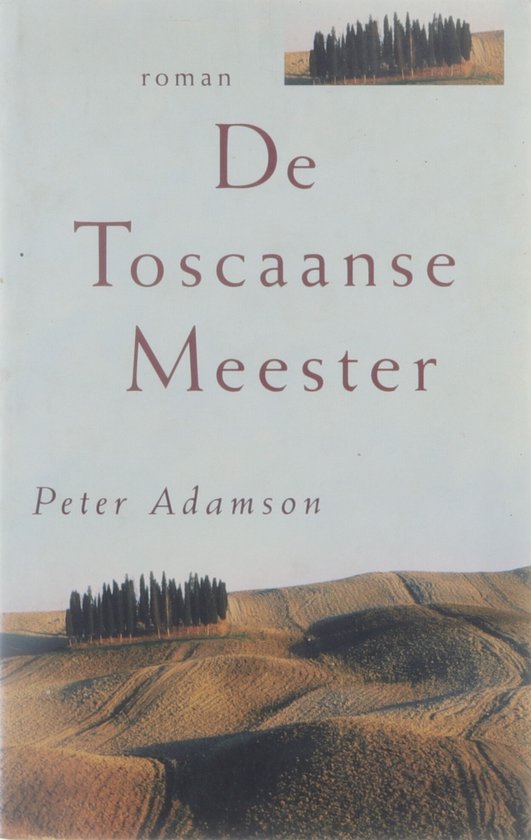
Al-Kindi
Part of the "Great Medieval Thinkers" series, this book focuses on an Islamic philosopher. It offers an introduction to the thought of the philosopher, Al-Kindi (died roughly 870 AD). It surveys what is known of Al-Kindi's life, examines his thought on a range of topics, and considers the relationship of Al-Kindi's work to his Greek sources.
This will be the first book in the Great Medieval Thinkers series to focus on an Islamic philosopher. It will offer a brief, accessible introduction to the thought of the philosopher al-Kindî (died about 870 AD). The classical tradition of Arabic philosophy may be said to have five most prominent figures: al-Kindî, al-Fârâbî, Avicenna, al-Ghazâlî, and Averroes. Of these, only al-Kindî has not been the subject of a scholarly monograph. This is despite the fact that his philosophy is much more tractable than that of the others insofar as the corpus of his surviving works is of modest size. His works, though brief, are of great historical importance. Al-Kindî was the first philosopher of the Islamic world. He was a central figure in the translation movement of 9th-century Baghdad, which rendered much of Greek philosophy, science, and medicine into Arabic. His works are also of great intrinsic philosophical interest, since al-Kindî, in engaging with the Greek tradition, develops original theories on key questions of philosophy of religion, metaphysics, physical science, and ethics. Peter Adamson will survey what is known of al-Kindîs life, examine his thought on a wide range of topics, and consider the relationship of al-Kindîs work to his Greek sources. Adamson is also preparing a one-volume translation of al-Kindîs works to be published in OUP Pakistan's series, Studies in Islamic Philosophy. Together these two volumes will offer the only reliable access for non-specialists to this important thinker.
This will be the first book in the Great Medieval Thinkers series to focus on an Islamic philosopher. It will offer a brief, accessible introduction to the thought of the philosopher al-Kindî (died about 870 AD). The classical tradition of Arabic philosophy may be said to have five most prominent figures: al-Kindî, al-Fârâbî, Avicenna, al-Ghazâlî, and Averroes. Of these, only al-Kindî has not been the subject of a scholarly monograph. This is despite the fact that his philosophy is much more tractable than that of the others insofar as the corpus of his surviving works is of modest size. His works, though brief, are of great historical importance. Al-Kindî was the first philosopher of the Islamic world. He was a central figure in the translation movement of 9th-century Baghdad, which rendered much of Greek philosophy, science, and medicine into Arabic. His works are also of great intrinsic philosophical interest, since al-Kindî, in engaging with the Greek tradition, develops original theories on key questions of philosophy of religion, metaphysics, physical science, and ethics. Peter Adamson will survey what is known of al-Kindîs life, examine his thought on a wide range of topics, and consider the relationship of al-Kindîs work to his Greek sources. Adamson is also preparing a one-volume translation of al-Kindîs works to be published in OUP Pakistan's series, Studies in Islamic Philosophy. Together these two volumes will offer the only reliable access for non-specialists to this important thinker.
| Auteur | | Peter Adamson |
| Taal | | Engels |
| Type | | Paperback |
| Categorie | | Religie, Spiritualiteit & Filosofie |



